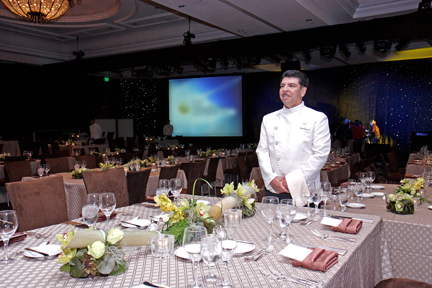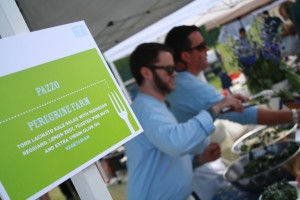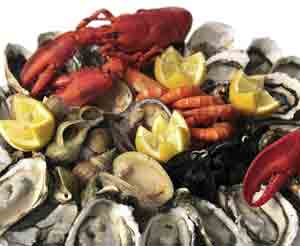Meeting planners are worried about many things when thinking about accommodating guests with special dietary needs, but one of the major fears is the cost. This concern needs to be addressed up front and throughout the planning and budgeting process with both your suppliers and your attendees so you aren’t sinking your event budget. Take a recent question I received after a webinar I gave for Collinson Media. Cathy just hosted a conference for 4,300 people. Of the 458 special meal requests she received, 41 were halal and 12 were kosher. With seven meal functions during the three-day conference, that equated…











